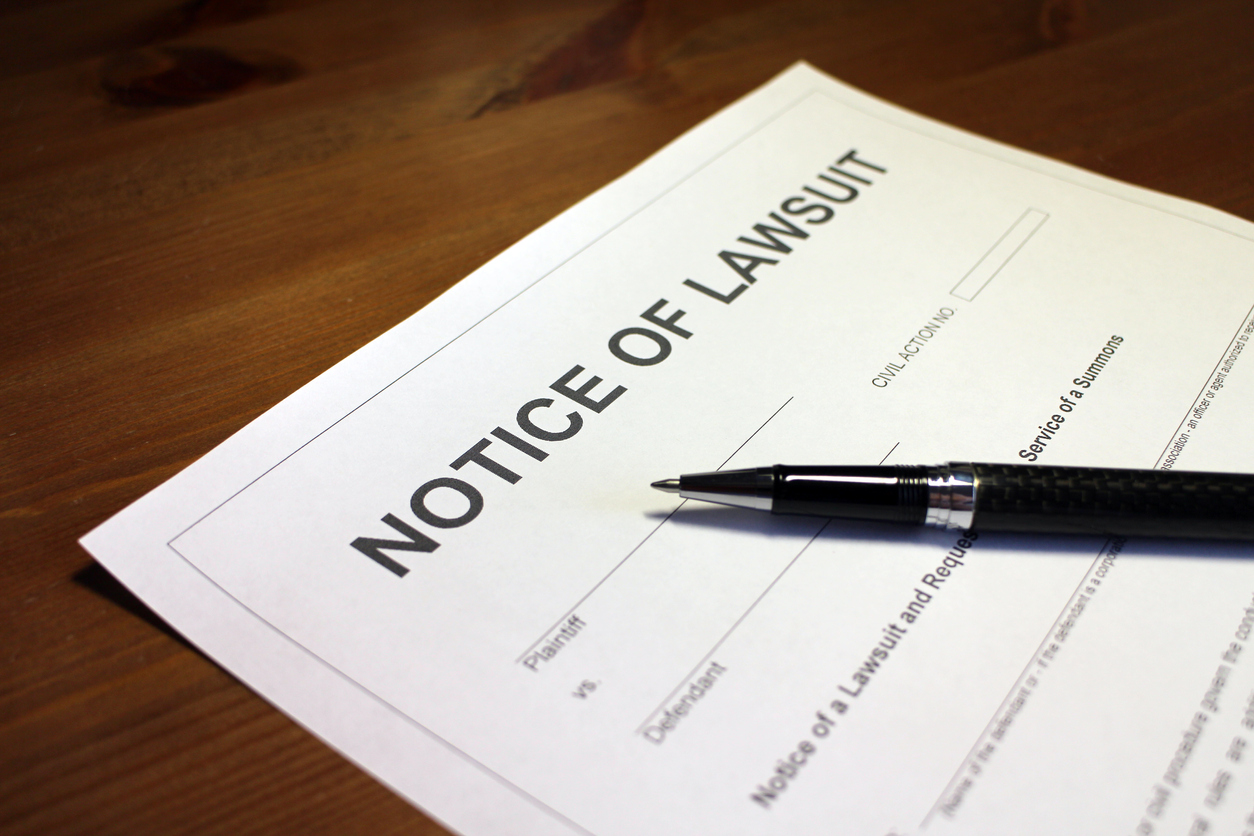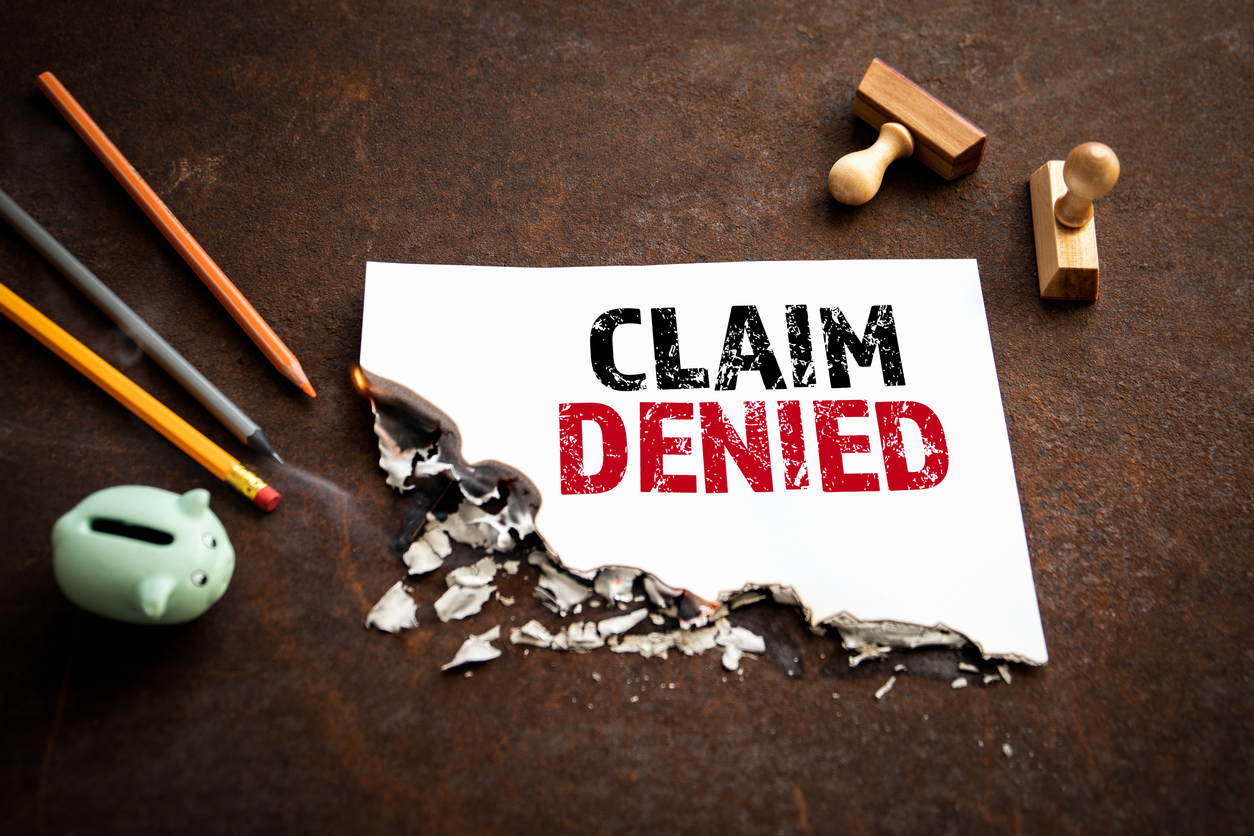California statutory law known as the Unfair Competition Law (“UCL”) bars “any unlawful, unfair or fraudulent business act or practice” and gives courts the powers to fashion relief where money alone won’t be sufficient. Of course, this begs the question: Can an insured sue their insurer for violating the UCL? A recent federal district court ruling says no, at least when the case is a straightforward breach of contract and bad faith case.
In Benn v. Allstate Insurance Company,1 the insured sued Allstate for breach of contract, bad faith, and violating the UCL. The insured alleged that Allstate wrongfully denied her claim for vandalism and theft of personal property by accusing her of not disclosing the personal property in bankruptcy filings and by supposedly making up the existence of security footage showing the insured damaging her items. In addition to seeking money damages from Allstate for not paying the claim and acting in “bad faith,” the insured also sought an injunction under the UCL and an order “disgorging” Allstate of the money owed on the claim.
Allstate moved for judgment on the pleadings as to the UCL claim. In other words, Allstate argued that the insured could not state a claim for relief under the UCL. According to the district court, a UCL claim being one for “equitable” relief, the insured had to demonstrate that money damages alone would not be sufficient. Quoting a case from the 1930s, the district court noted, “Equity follows the law.”
The district court found that the insured would be fairly compensated if they prevailed on their claim for breach of contract and bad faith. The court held that the request for “disgorgement” was really just a breach of contract claim in disguise. The court explained that a UCL claim for “disgorgement” demands one party return money to the other. This process, known as “restitution,” differs from the concept of money “damages.” Here, the court found it impossible to “disgorge” claim monies that were never taken from the insured by Allstate in the first place. “In short, the sine qua non of a claim for restitution under section 17200 is that (1) the defendant obtained something to which it was not entitled and (2) the plaintiff gave up something which he or she was entitled to keep.” The court noted that the only thing Allstate took was the premium payments and held that “there is nothing unlawful about the collection of premiums. Without the collection of premiums, there would be no insurance policy.”
The court also found the insured’s request for an injunction stopping Allstate from doing this to other insureds unnecessary because those insureds can also sue for breach of contract or bad faith, or perhaps under the UCL if the circumstances are unique. “Yet, to the extent those other insureds are damaged, they can also be made whole through claims for breach of contract or bad faith. Or, if some insured has a harm that cannot be addressed through a normal damage award, he or she is free to seek UCL relief.” Further, the court held that “California law precludes a court from ordering an injunction to prevent the breach of a contract” under Code Civ. Proc. § 526(b)(5).
The court also held that such an injunction would be too unwieldy for a court:
Here, fashioning injunctive relief and regulating disputes between Allstate and its policyholders would be an administrative nightmare. Benn wants the Court to issue an injunction apparently requiring Allstate to handle claims in good faith. It is difficult to imagine how a court would write – let alone enforce – an injunction that (i) applies indefinitely; (ii) applies to thousands of future, individual insurance claims; and (iii) mandates, however vaguely, the manner in which these individual claims will be adjusted. There is no precedent for such an injunction. The Court declines to exercise its equitable jurisdiction where, as here, the relief requested would embroil the Court in policing a member of a heavily-regulated industry through its equitable powers.
Accordingly, the opinion in Benn makes clear that a claim for violation of the UCL is not fit for an ordinary breach of contract and bad faith case.
______________________________________
1 Benn v. Allstate Ins. Co., No. d, 2021 WL 5049101 (C.D. Cal., Oct. 29, 2021).




